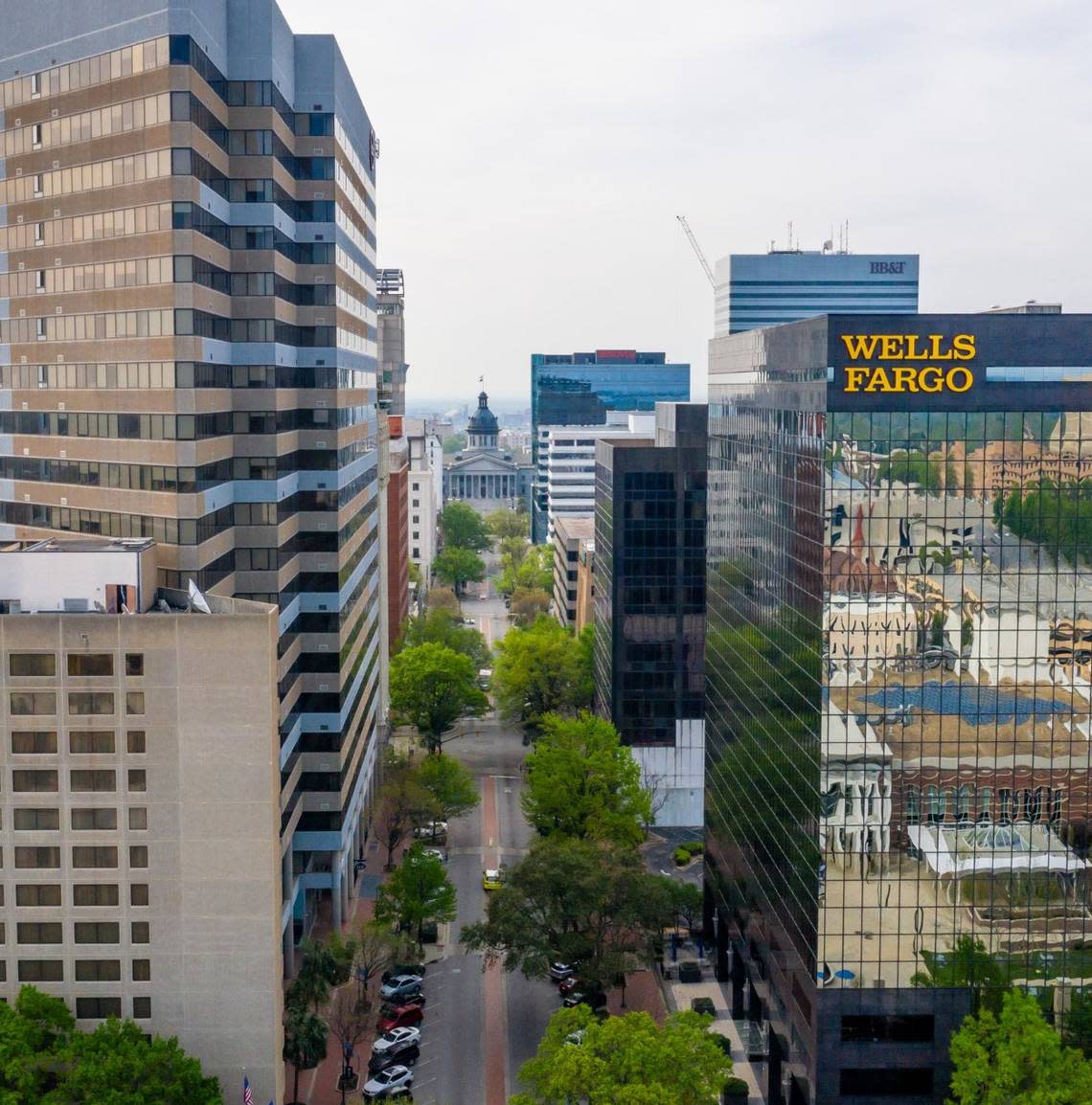How often do Columbia SC police arrest homeless residents? See the data.

More than 1,000 arrests of homeless residents have been made in Columbia since the beginning of 2023, according to police data provided to The State.
More than two-thirds of police encounters with Columbia’s homeless end without an arrest. Officers can encounter homeless residents for several reasons, including the resident reporting a crime or an officer connecting a resident with social services, according to the police department.
Columbia police officers self report their encounters with the homeless. Their reports show that between January 2023 and May 2024, 1,073 arrests were made of homeless residents. That equals to 29% of all encounters between police and homeless residents. The police department stressed that it does not track homeless residents, but it keeps data on all arrests.
The data does not indicate if any of the arrests are of repeat offenders or what crimes the homeless were accused of committing. The State has requested incident reports associated with the arrests to get more information.
Columbia leaders have discussed for several years how to reduce the number of homeless residents loitering in business districts, including Main Street and the Vista. The goal, leaders have said, is both to address longstanding quality-of-life issues for businesses and visitors, while also connecting chronically homeless residents with needed addiction, housing and job services.
The Columbia Police Department has played a role in that effort. Last year, the department initiated Operation Hope and Order, which was meant in part to address homelessness downtown by cracking down on loitering as well as taking a specific look at businesses with a high number of police calls. Two downtown businesses had a combined 1,200 incidents in the first half of 2023, Holbrook previously said.
Holbrook acknowledged that most of Columbia’s homeless residents are not committing crimes, but there are a handful of repeat offenders. Between January 2021 and June 2024, police reported 8,489 contacts with homeless residents, and 47% of the people encountered had at least one prior encounter with police, according to department data. Forty percent of the contacts were because police believed the individual was a suspect in a crime.
The police department says it does not automatically arrest someone for things like loitering, and that the majority of arrests are for violent or disruptive crimes.
Housing advocates say there is a misconception that homeless residents commit a lot of crimes.
“I think it’s a mistake to automatically associate homelessness with criminality,” said Paul Bowers, communications director for the ACLU of South Carolina. “People find themselves without a home for a lot of reasons.”
The ACLU of South Carolina last year accused the city of criminalizing homelessness after the city passed an ordinance making it illegal to have a stolen shopping cart and changing the warning rules for urban camping, among other policies.
Bowers said that police arresting people for violent crimes is not the ACLU’s worry, but “the problem is that ordinances have been written in a way that lead police to confront unhoused people more than they would other communities.”
Alternative resolutions
Police interactions with homeless residents can end in three ways, Columbia Police Major Chris Roberts said. Most often, police will conduct a field interview with a resident and take no further action. Police also respond when businesses ask for help in moving people trespassing on private property. In those cases police will note that the individual is on trespass notice but those encounters don’t typically end in arrests. Police also make contact with homeless residents to help connect them with services, Roberts added.
Between January 2023 and May 2024, Columbia police took 1,762 field interviews or information reports with homeless residents that did not lead to an arrest. Columbia police were able to connect homeless residents with services 802 times during that period.
Those services can include connecting a person with the police department’s mental health clinicians, or having a social service professional in the city meet the resident to offer assistance, Roberts said.
The department also coordinates with the city’s Rapid Shelter program, which provides temporary pallet shelters to chronically homeless residents.
Holbrook previously said that avoiding arrests of homeless residents by leveraging mental health experts and officers trained in crisis management are department success stories. “You could argue arrests are failures,” he added.
Roberts said that residents do not always want to be connected with those services, and the department can only make those connections if the resident agrees. In those cases, officers will try to build trust with residents over time, he added.
“We show that we’re not just there to arrest people, that we’re there to help.”
Roberts told The State that arrests are not a first response when police encounter homeless residents. Roberts said disorderly conduct and disturbing the peace are among incidents that could lead to an arrest if officers are not able to deescalate a situation.
“It’s not against the law to be homeless,” Roberts said. “We don’t address homelessness, we address criminal activity regardless of socioeconomic status.”
The police department has also been tasked with addressing loitering and illegal camping by clearing homeless encampments across the city.
In 2023, the Columbia Police Department cleared 48 encampments city-wide. Between January and June of this year, the department has cleared 24 encampments, according to department data.
The city has also hired the private security firm Allied Universal to patrol downtown areas for loitering.
Columbia approved a $2 million contract with the security firm in July 2023 for a variety of security services across the city, including for armed security guards at fixed sites and patrol teams surveying properties for loitering and other crimes.
Allied Universal employees are not able to make arrests, the police department previously told The State.


